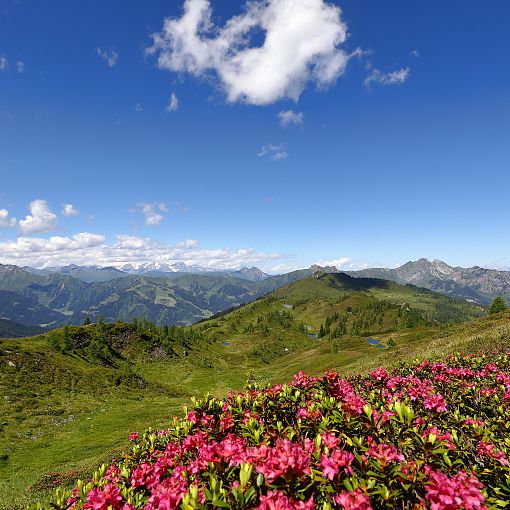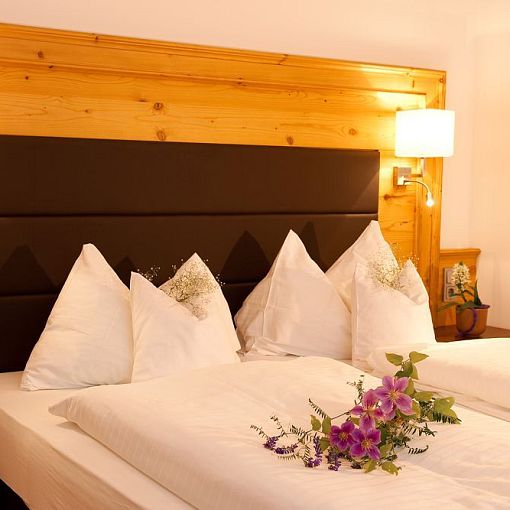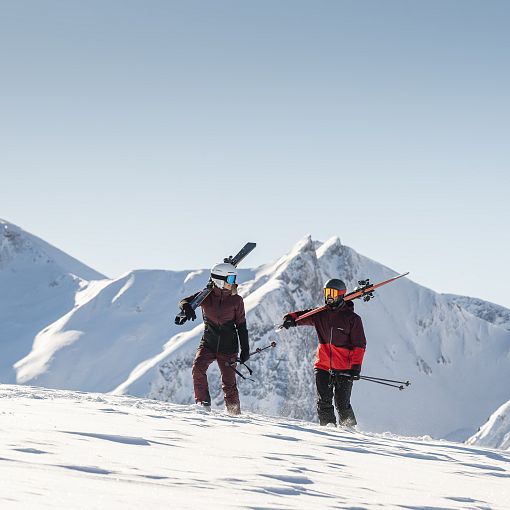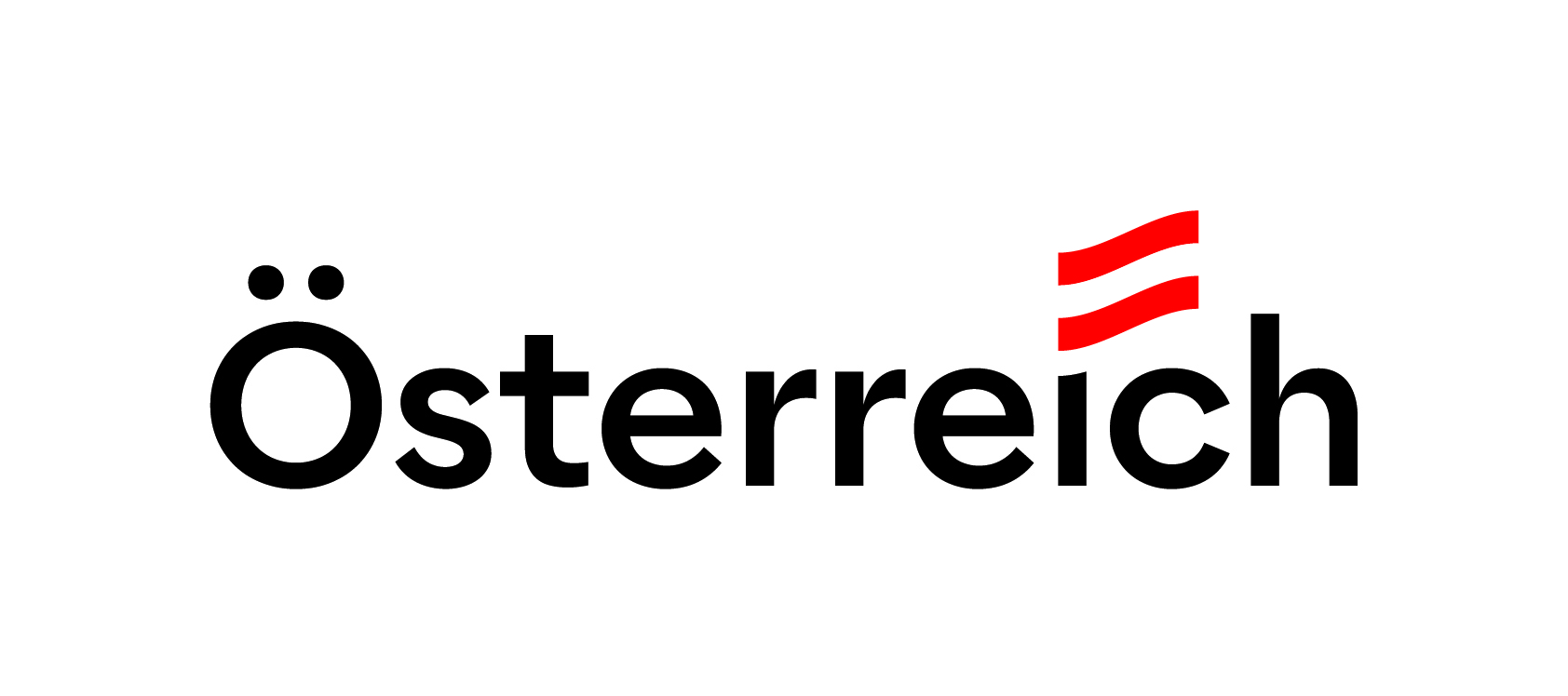Nature & sustainability in Grossarltal
in harmony with nature
An intact natural environment is invaluable, both for the local population and for travellers seeking relaxation and sustainable holidays. Grossarltal has long been pursuing a sustainable approach to ensure a responsible approach to nature.
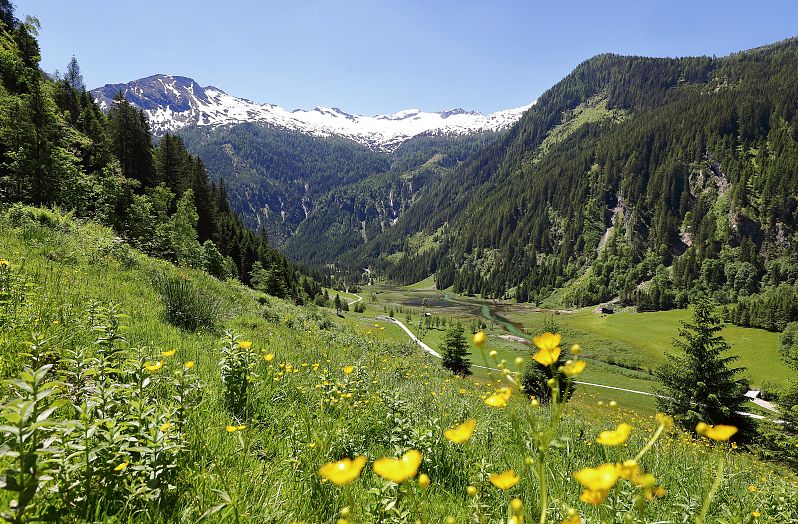
Since 1980 the "Hüttschlager Talschlüsse" have been a protected landscape area and in 1991 Hüttschlag was integrated into the Hohe Tauern National Park. In 2008, Hüttschlag was honoured as a ®Mountaineering Village, a project of the Austrian Alpine Association as part of the implementation of the international Alpine Convention. The water supply comes from first-class mountain springs and the drinking water in Grossarltal is of the highest quality. Waste water disposal is exemplary, even lift stations and ski huts are connected to the local sewage network despite the exposed location.
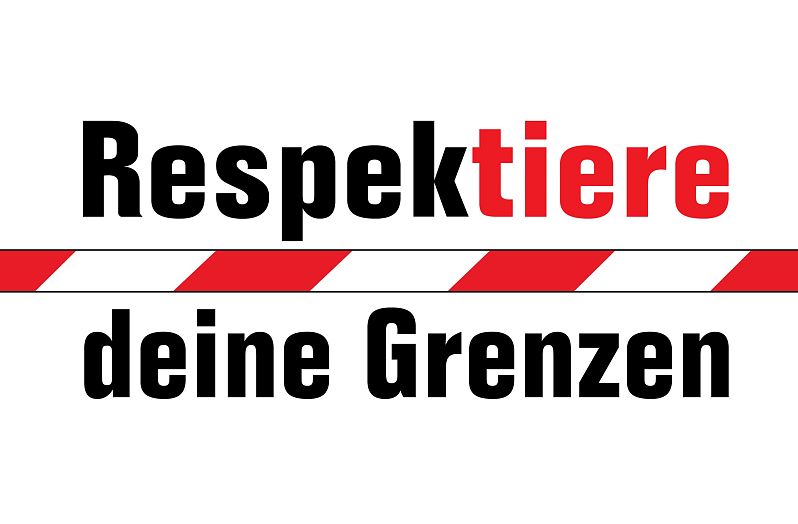
Wildlife quiet zones have been designated to protect wild animals. Ski touring routes were deliberately placed outside these zones in consultation with hunters and foresters. Similar measures apply to mountain biking in summer in order to protect natural habitats. Please note the information on the signs and in the various printed materials under the motto "Respektiere deine Grenzen" (respect your boundaries).
Here you can find the wildlife rest areas in Grossarltal.
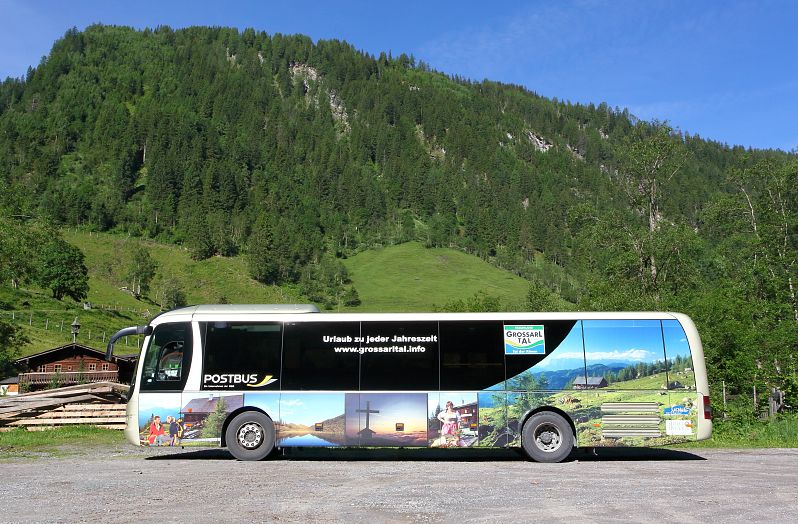
Grossarltal is well connected to international bus and train services via the "Pongau-Takt". The use of public transport is supported by the Guest Mobility Ticket. With this ticket, you can travel free of charge on all public transport in SalzburgerLand during your stay (including arrival). So you can use the bus lines no. 540 (St. Johann im Pongau - Grossarl - Hüttschlag - Talschluss) and no. 541 (Ellmautal) free of charge and in winter, there is also a free ski bus service. In summer, taxi minibuses offer inexpensive transfers to the starting points of the hikes. This means that rivate transport is kept to a minimum and your car can also enjoy a "holiday".
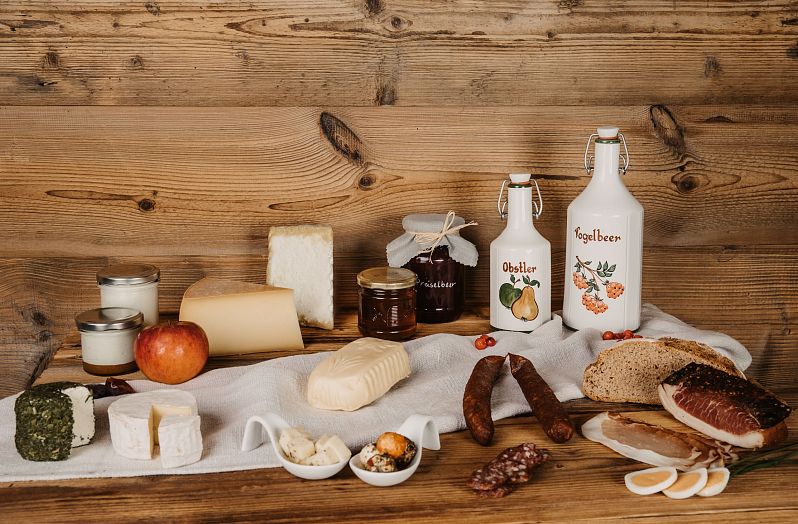
As a valley of the mountain huts, Grossarltal stands for exemplary cooperation between tourism and agriculture. Alpine pasture grazing not only supports nature conservation against scrub encroachment, but also offers hikers and mountain bikers authentic resting places with regional products. The Genuss Region Grossarltal promotes local foods, and the Grossarltal vouchers, redeemable at around 100 service providers throughout the Grossarltal, are available for those who like to give regional gifts and thus sustainably promote the local economy. This keeps added value and purchasing power in the valley.
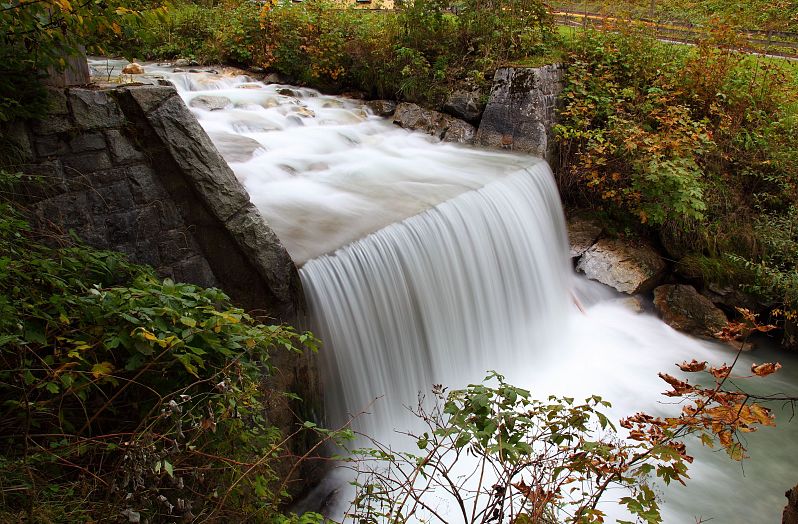
A total of 13 small hydroelectric power stations are driven by the water of the Grossarler Ache and its numerous tributaries from the sometimes steep side valleys. These generate more electrical energy than is consumed in the valley. The region is energy self-sufficient and could even supply itself in the event of a national blackout.
| Renewable energy production in Grossarltal | |
|---|---|
| Output of the 5 hydropower plants of Energie-AG Oberösterreich: | 22,7 MV |
| Output of the 8 privately owned hydropower plants: | 7,0 MV |
| Total from hydropower: | 29,7 MV |
| Biomass cogeneration plant output: | 500 KW |
| Photovoltaic system at combined heat and power plant: | 2 x 200 KW |
| Total renewable energy production without private PV systems: | 30,60 MW |
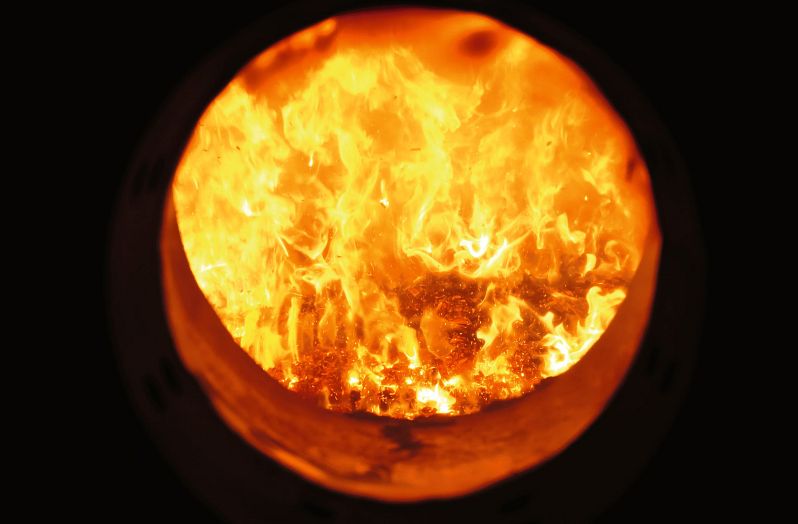
Grossarltal is one of the pioneers in generating energy from biomass. The biomass district heating plant in Grossarl was built back in 1988, went into full operation in 1991 after three years of trial operation and has since been expanded several times and continuously adapted to the latest state of the art. Today, it supplies around 350 buildings with thermal energy and also produces electricity for the equivalent of 950 households. The wood chips come from local sawmills, joineries and forest owners. This sustainable energy source saves around 9,000 tonnes of CO2 per year compared to conventional energy sources.
Technical details:
- Investments to date: 25 million euros
- Number of employees: 5 employees
- Number of connected buildings: 350
- The largest customers are: Sawmill with drying plant, hotels, market town with all public buildings such as schools, retirement home, municipal office, etc.
- 95 % coverage in the town centre and in the Unterberg district
- Pipeline network: 17 KM
- Thermal energy output: 10 MW thermal energy from biomass
- Electrical energy output: 500 KW electricity from biomass + 400 KW electricity from photovoltaic system
- Annual output: 30 million KW/h heat + 3.8 MW/h electricity
- Wood chip consumption: 60,000 m³/year. This comes 100% from the valley, the majority from the local sawmill, the rest from forest owners and joineries/carpentry workshops
- Savings in CO2 emissions: 9,000 tonnes of CO2/year
- Savings of 3 million litres of heating oil/year (= 150 tankers of 20,000 litres each - traffic relief)
As a sustainable destination, Grossarltal combines gentle tourism with the development of the region and actively protects resources, animals, culture and the local population. Responsibility towards the environment is not just seen as a need, but as an essential goal in order to minimise the impact of mass tourism.
